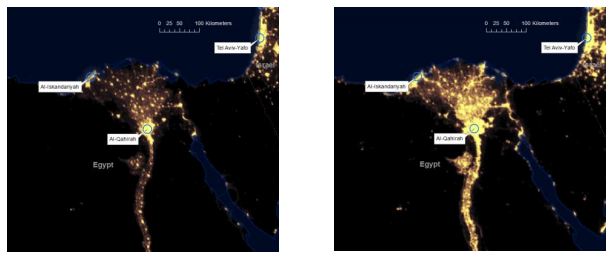- Global Night Light Patterns Reveal Economic Shift to the East
- Here’s Where They Make China’s Cheap Android Smartphones
- New Disease Registry Gives Patients Some Privacy
A new venture lets patients choose how their data is used for medical research and offers sophisticated privacy settings.
As advances in genomics, molecular analysis, and data processing have propelled disease research forward, scientists and drug developers still face a formidable challenge: recruiting patients for their studies.
- Years in the Making, Promising Rechargeable Metal-Air Batteries Head to Market
A Scottsdale, Arizona-based startup is now selling batteries that promise to be a cheaper alternative for grid backup.
After years of development, a novel battery technology from the startup Fluidic Energy is being commercialized (see “Betting on a Metal-Air Battery Breakthrough”). It’s a rechargeable metal-air battery whose first application is replacing diesel and lead-acid battery backup systems for telecommunications towers, and for other businesses that need a steady supply of power. The company has been quietly demonstrating its battery with customers for a year. In an interview with MIT Technology Review, Fluidic Energy founder and chief technology officer Cody Friesen made details about its product publicly available for the first time.
- I Want Frictionless Privacy
Netflix now allows frictionless sharing of the movies you watch on Facebook.
Back in 2011, following Facebook’s F8 developers conference, a new phrase began to buzz: “frictionless sharing.” Soon, news-sharing apps proliferated with Facebook, which enabled automatic posting of articles you were reading to your news feed. More famously, Spotify originally required users to register via their Facebook account. Spotify claimed that it was all just to make things simpler for the user: “As most of our users are already social and have already connected to Facebook, it seemed logical to integrate Spotify and Facebook logins,” the company said in a statement. But the move was transparently to create viral buzz in Facebook news feeds. Pretty soon, my feed was full of the unneeded “news” that Joe was listening to Kanye, while Kate was listening to Madonna. My listening habits were likewise broadcast, and though I think I’ve disabled them, I’m not entirely sure (last I checked, the Spotify iPhone app’s privacy settings remained a bit opaque to me).
Digest powered by RSS Digest


